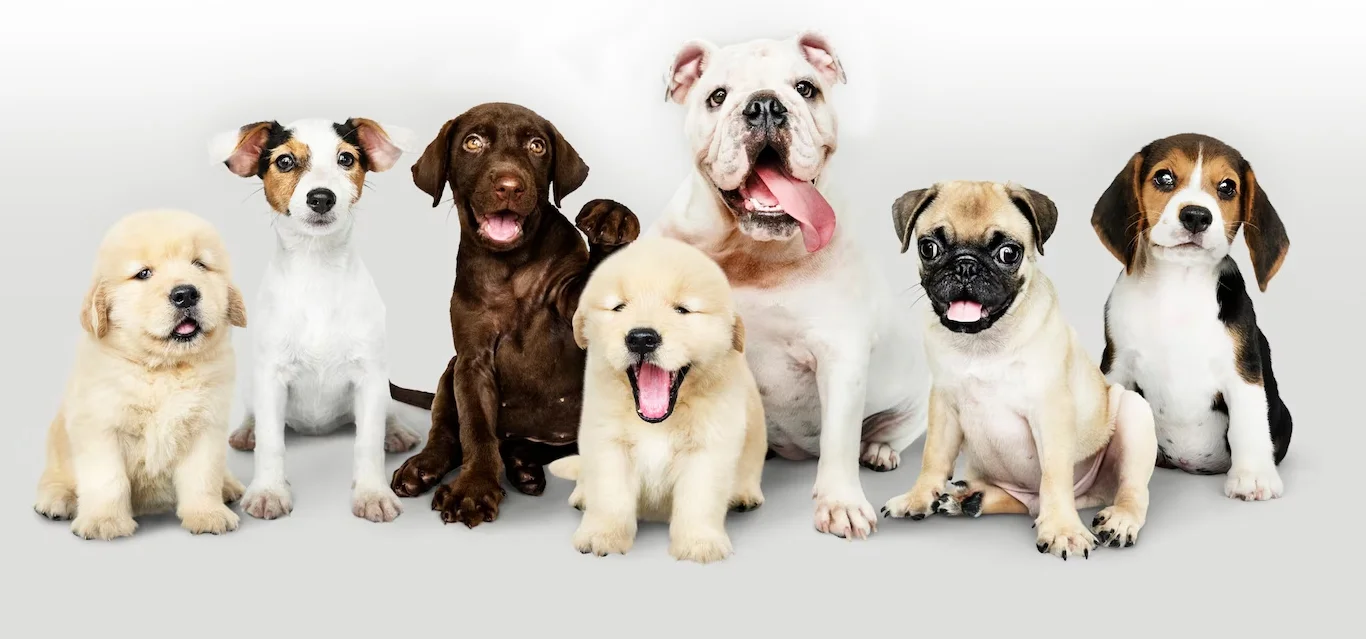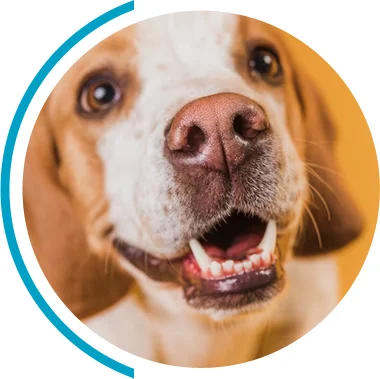The global pandemic has significantly affected not only humans but also our furry companions. As dogs are sensitive creatures, they can experience anxiety as a result of changes in their environment, routine, and the overall atmosphere of uncertainty. Understanding how to identify and manage corona anxiety in dogs is crucial for their well-being.
Corona anxiety in dogs refers to the stress and fear that dogs may exhibit due to the changes brought about by the COVID-19 pandemic. This includes disruptions in their daily routines, decreased exercise, and limited social interactions. Recognizing the symptoms of this anxiety can help in addressing the issue effectively.
Symptoms of corona anxiety can manifest in various ways. Some common signs include excessive barking, whining, pacing, and destructive behaviors such as chewing furniture or digging. Additionally, dogs may show changes in their appetite or sleep patterns, becoming either more lethargic or overly active.
Other noticeable symptoms can be subtle, such as avoiding eye contact, excessive grooming, or hiding. These indicators are often your dog’s way of expressing discomfort or stress caused by their environment and the anxiety they are experiencing. It’s crucial for pet owners to be vigilant and observant, as early detection of these symptoms can lead to more effective interventions.
Several factors contribute to corona anxiety in dogs. The most prominent is the change in their daily routine, which may include less frequent walks or limited interaction with other dogs and humans. This isolation can lead to feelings of loneliness and anxiety.
Moreover, if the dog’s owner is anxious, this stress may inadvertently transfer to the pet. Dogs are highly perceptive and can pick up on human emotions, meaning that a tense household can create further anxiety in them. The absence of familiar sounds and activities, such as the hustle and bustle of daily life or the presence of family members who may now be working from home, can also contribute to their unease. Dogs thrive on routine, and when their world is turned upside down, they can become disoriented and fearful.
Additionally, the pandemic has led to an increase in the number of people adopting pets, which can sometimes result in less experienced owners. New pet parents may not be fully aware of the signs of anxiety or how to manage it effectively, which can further exacerbate the issue. It’s important for all dog owners to educate themselves about canine behavior and anxiety management techniques, ensuring they create a stable and reassuring environment for their furry companions during these uncertain times.
Failing to address corona anxiety in dogs can have detrimental effects on their overall health. This anxiety, if left untreated, may lead to chronic stress and a host of other physical and emotional issues that can compromise a dog’s quality of life.
Anxiety can manifest physically in dogs through a variety of symptoms. Stress may lead to gastrointestinal problems such as diarrhea or vomiting, which could require veterinary attention. A stressed dog may also be prone to illnesses, as prolonged anxiety can weaken their immune system.
Additionally, physical manifestations such as excessive shedding or skin conditions can arise due to the stress response. It is crucial to address these signs early to prevent long-term health issues.
Beyond physical health, anxiety can dramatically affect a dog’s emotional state. Anxious dogs may exhibit behavioral changes like increased aggression or withdrawal from activities they once enjoyed. They may also become clingy or overly dependent on their owners, displaying separation anxiety when left alone.
Understanding these emotional changes is essential in providing the proper care and support your dog needs. An integrated approach can help create a balanced mental state for your pet.
For severe cases of corona anxiety, professional treatment may be necessary. Various approaches can be effective in addressing anxiety in dogs, allowing them to regain their confidence and comfort.
Veterinary professionals often recommend medication in conjunction with behavioral therapy for managing severe anxiety. Medications can help alleviate immediate symptoms, allowing dogs to engage more positively in training and social activities.
It is important to consult a veterinarian to determine the most appropriate treatment plan. This personalized plan will consider the specific needs and circumstances surrounding your dog’s anxiety.
Behavioral therapy is a key component in addressing anxiety in dogs. Techniques such as desensitization, counter-conditioning, and positive reinforcement can help dogs develop coping mechanisms. A professional dog trainer or behaviorist often guides this process.
Moreover, engaging in structured interactive games, obedience training, and gradual exposure to stressors can help build your dog’s resilience to anxiety-inducing situations over time.
While professional interventions are valuable, there are numerous methods you can implement at home to help your anxious dog feel more secure. Creating a conducive environment is a significant first step.
Establishing a safe space for your dog is essential. This can include using a crate, bed, or a designated area where your dog can relax and feel secure. Adding familiar items such as blankets and toys can make this space more inviting.
Removing stressful stimuli, like loud noises or chaos from a busy household, can also contribute to a calming atmosphere. The use of soothing music or pheromone diffusers may further enhance the relaxation of your dog.
Consistent training can play a crucial role in managing anxiety. Basic obedience training not only strengthens the bond between you and your dog but also instills a sense of structure and trust. Incorporating training sessions into your dog’s daily routine can provide mental stimulation beneficial for anxiety reduction.
Positive reinforcement techniques, where your dog is rewarded with treats or praise for calm behavior, can help reinforce desired responses during stressful situations. This encourages your dog to develop a more confident demeanor over time.
Preventing corona anxiety is equally important as treatment. By implementing proactive strategies, owners can foster a resilient dog who is better equipped to handle challenges as they arise.
Early exposure to various environments, people, and other pets can help dogs become well-adjusted and minimize anxiety. Gradually introducing your dog to new experiences encourages positive social behaviors and reduces fear of the unknown.
Regular playdates and interactions with other dogs can also enhance their social skills and contribute to a well-rounded temperament.
A consistent daily routine can significantly alleviate anxiety in dogs. Scheduled feeding times, regular walks, and designated playtime can create a sense of stability that dogs thrive on. This structure helps dogs understand what to expect and when, reducing their overall stress levels.
In conclusion, addressing corona anxiety in dogs requires a combination of understanding, professional treatment, and home management strategies. By taking proactive measures, pet owners can ensure their furry friends remain emotionally and physically healthy during these challenging times.
If you’re feeling overwhelmed by your dog’s corona anxiety, remember, you’re not alone. At The Grounded Hound Canine Coaching, we understand the challenges you and your furry friend are facing. With a comprehensive background in dog training and behavior counseling, including specialized certifications in Separation Anxiety, we’re equipped to offer you the support and guidance needed to navigate these tough times. Our approach is built on Patience, Kindness, and Consistency, ensuring a positive path forward for you and your dog. Don’t let anxiety disrupt the joy of your companionship. Contact Us Today to start building that unbreakable bridge of understanding between you and your canine companion.

